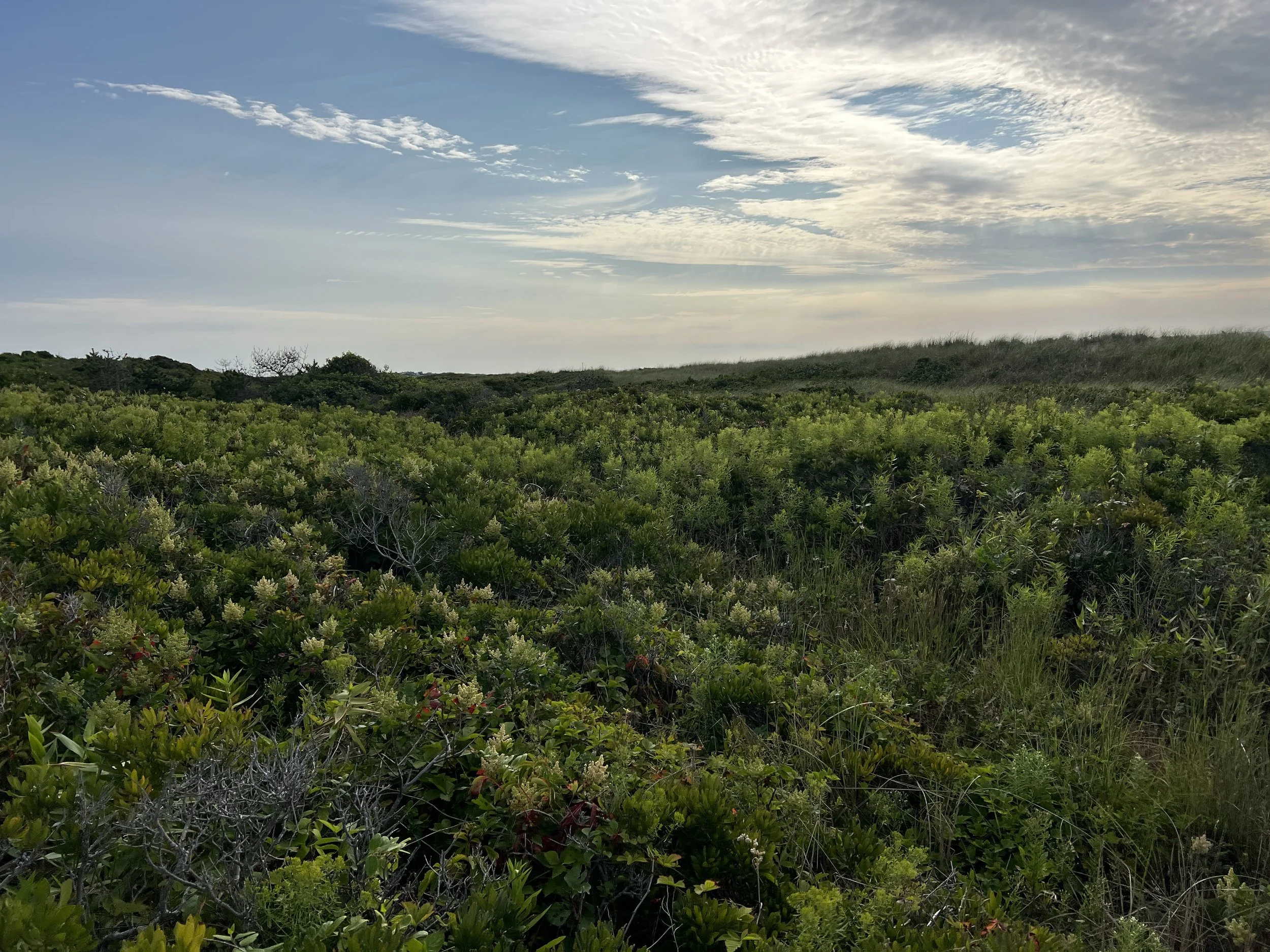
Community Survey for the Benson Reserve.
The Benson Reserve project currently garners support from CCOM, specific property owners directly across the street (although not all), the Chamber of Commerce, and the Montauk CAC. We eagerly await the scheduling of the Public hearing, as it will allow the Town Board to make an impartial decision based on the collective desires of the Montauk community. It's important to note that the Montauk CAC is primarily composed of CCOM Board members and staff, alongside members from the Montauk Chamber of Commerce, and may not accurately represent the entire Montauk community. Significant advocacy for the Benson Reserve Project has emerged without the inclusion of additional second or third-opinion professional assessments or alternative recommendations to either support or challenge the proposal put forth by Nelson Pope and Voorhis, the environmental consultants responsible for its drafting and execution.
Montauker has researched the adverse effects of this project on the Benson Reserve. First, this may be the consultant’s first project on a coastal dune in the Atlantic Ocean. On a recent visit to their, we could not find an Atlantic Ocean Coastline Dune Restoration project.
After a thorough review of 70 years' worth of aerial maps, the consultants have concluded that there is minimal to no evidence of erosion at the Benson Reserve, leading them to categorize it as a stable dune. This assertion raises questions about their recommendations for dune restoration, stabilization, and addressing water quality concerns, where apparent issues are scarce to none. The only notable concern lies in the overlook parking area, which could be mitigated by implementing permeable material as a roadway and creating bioswales to manage stormwater runoff effectively. What CCOM has yet to uncover are several scientific papers that discuss Coastal Dune Restoration, specifically exploring the question of 'When is Invasive Plant Removal Just Not Enough?'
Additionally, there is compelling supporting evidence and documentation from Denmark regarding removing the invasive species Rosa Rugosa from their dune systems, which failed to eradicate it and inadvertently led to its proliferation. This is particularly relevant because Rosa Rugosa is present in the Benson Reserve and widely distributed throughout Montauk. Rosa Rugosa or what they call Multiflora Rose There are also case studies that can be found at the below link for Port Reyes in California.
What's particularly intriguing about the Benson Reserve is its long-established symbiotic relationship with both native and invasive plants over the past 70 years. Situated along the rugged Atlantic coastline of Montauk, it houses a unique biota or ecosystem that has remained stable for decades. The prospect of solely removing invasive species and replacing them with seeds and hay in this challenging and rugged terrain, without the provision of irrigation, and expecting them to grow when they don’t root to a foreign soil environment raises valid questions about the feasibility and effectiveness of such an approach.
In addition to relying on scientific data, there are other critical factors to consider when shaping your opinion regarding the property owners who reside along Old Montauk Highway. Many of these homeowners are already struggling with high property insurance renewals. The question arises: Will clearing the Reserve for a roadside view exacerbate this issue further?
Moreover, most property owners along the highway have strategically planted hedges in front of their homes to shield themselves from the noise and traffic. They won't be enjoying the proposed first-floor view from inside or on their porch. Regardless of the absence of multiple professional opinions and to assess its feasibility and impact, we've suggested breaking down the project into (1) 3-acre section, serving as a practical trial run for the next 2-3 years. By embracing this strategy, we can ensure the best possible outcome. Conducting experiments on a smaller scale will provide valuable guidance as we move forward. The Town Board is committed to aligning with the community's desires. In contrast to CCOM's petition, which individuals outside our immediate area could sign, we have chosen to conduct a balanced survey. We believe involving the entire community in this significant decision-making process is crucial, as it affects some more than others.